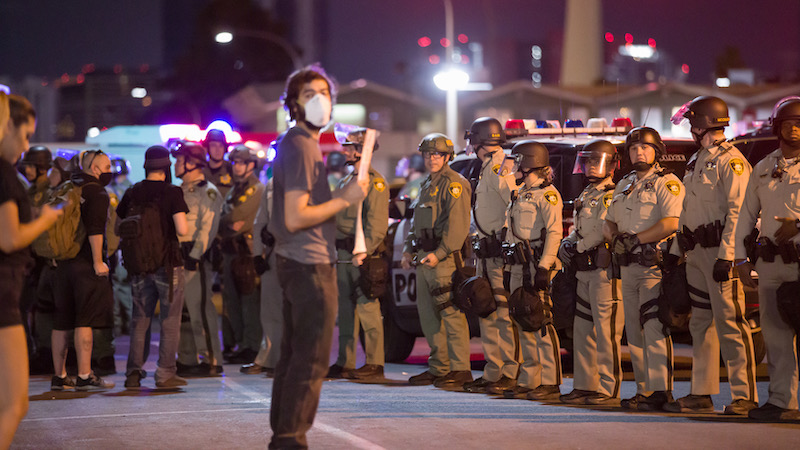The subprime mortgage crisis rocked America’s confidence in large financial institutions and the agencies that regulate them. Prominent among the nearly 20 banks that accepted government assistance to avoid going under in the subsequent years was JPMorgan Chase, who received $25 billion under TARP (the Troubled Asset Relief Program), signed by President George W. Bush in October of 2008. Ever since, the federal government has kept an especially watchful eye on America’s financial institutions as voters have popularly demanded more regulation and greater accountability.
When JPMorgan Chase CEO Jamie Dimon announced that the company had lost $2 billion on a risky trade, media outlets, bloggers and lawmakers again called for increased oversight of banks by the federal government. Only hours after the stock market closed on Thursday, Senator Carl Levin of Michigan commented that “Today’s announcement is a stark reminder of the need for regulators to establish tough, effective standards to implement the Merkley-Levin language to protect taxpayers from having to cover such high-risk bets.”
Levin is co-author of the language needed to implement the Volcker rule, a regulation that would ban commercial banks from making certain types of risky trades (even with their own money), which was not included in the original Dodd-Frank Wall Street Reform and Consumer Protection Act, but is scheduled to be implemented in July.
But JPMorgan Chase became one of 10 banks to repay its share of bailout funds only one year after having received them. This means that advocates of regulation can no longer appeal to protecting taxpayer investments as a reason for increasing control over the private banking sector. As Romney adviser Eric Fehrnstrom told NBC, “There was no taxpayer money at risk. All of the losses went to investors, which is how it works in a public market.”
To be sure, $2 billion is no small amount. But if lawmakers can abstain from the temptation of rushing in to protect consumers, America might get a long-awaited glimpse of consumers protecting themselves.
The market reacted more quickly than any financial regulatory agency could have by chastising the company with an overnight drop of almost 10 percent in the value of JPM stock. And company CEO Jamie Dimon had to personally apologize to stockholders in Florida on Tuesday who questioned whether he should remain as both Chairman and CEO.
Yet stockholders did not call for his resignation or demand that he take exorbitant salary cuts as was the case with many banks in 2008. In fact, shareholders voted to uphold Dimon’s $23 million pay package. After all, Chase has surpassed expectations and is still expected to post a healthy profit in the quarter.
Rather than signaling another large scale collapse or pointing to systematic flaws in the banking sector, this loss, and the subsequent market reaction, will motivate Chase (which is already known for its conservative investment) to redouble its efforts to secure the investments of consumers. In today’s uncertain marketplace, stockholders have little patience for careless mistakes made at their expense.
Therefore, while errors of this magnitude are by no means an inevitability or a necessary learning experience, banks must be allowed to face the punishing forces of the market. No sweeping regulation, no matter how well intentioned, can provide the kind of corrective jolt that the free market inherently provides. Dimon himself acknowledged the ineffectiveness of government regulation and the importance of working for his stockholders. As he put it, “This may not have violated the Volcker Rule, but it violates the Dimon Principle.”


